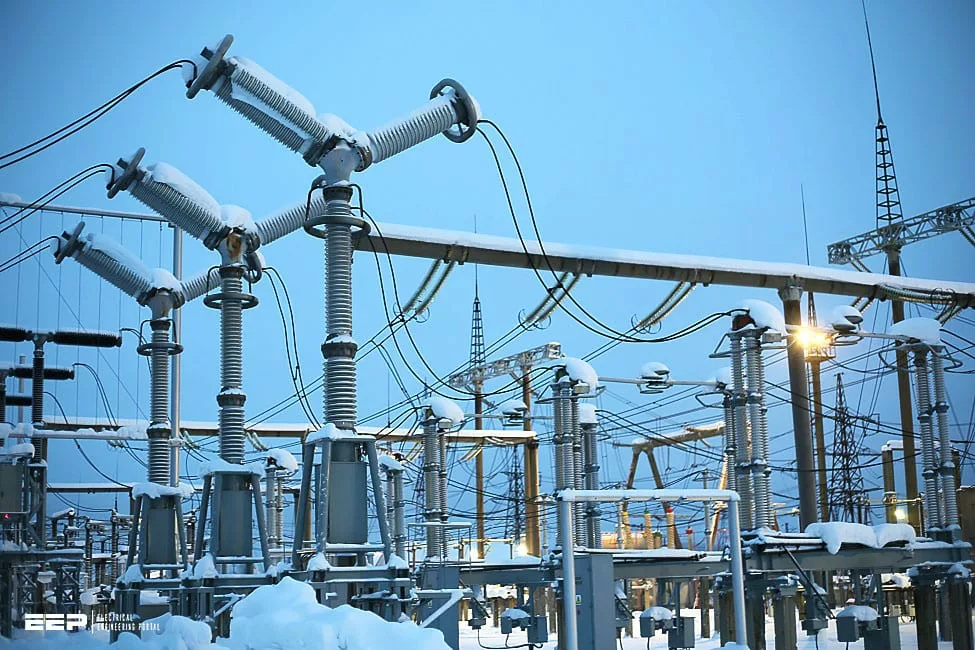Widespread complaints about inadequate electricity supply across various networks controlled by Electricity Distribution Companies (DisCos) in Nigeria have been attributed to a shortfall in gas supply to thermal power stations.
According to the Nigerian Electricity Regulatory Commission (NERC) Q3 report, the unavailability of feedstock, particularly gas, has emerged as a significant challenge restricting electricity generation on the national grid.
In the third quarter of 2023, the average hourly generation of available units witnessed a decline of -3.34% (-135.66MWh/h), dropping from 4,059.94MWh/h in the second quarter of 2023 to 3,924.28MWh/h.
The total electricity generated during the quarter also experienced a decrease of -2.28 per cent (-202.23GWh), falling from 8,867.05GWh generated in the second quarter of 2023 to 8,664.82GWh.
NERC attributed the energy generation deficit to a reduction in the available generation capacity of grid-connected power plants. It identified gas supply constraints and mechanical faults as the primary factors affecting energy generation from gas-fired thermal plants.
The regulator highlighted a notable drop in available generation capacity in July 2023, citing the shutdown of Ihovbor, Geregu NIPP, Afam IV&V, and Sapele plants due to mechanical faults. Afam IV &V (~60MW) faced downtime due to defective blades from the 2nd to 31st of July. Sapele experienced one unit (ST3) out on maintenance after a fire outbreak, and Geregu NIPP (~135MW) was offline due to mechanical faults and gas constraints throughout July





